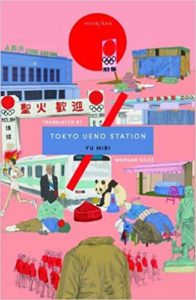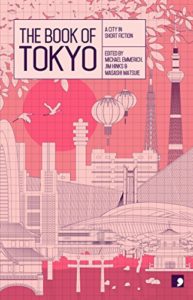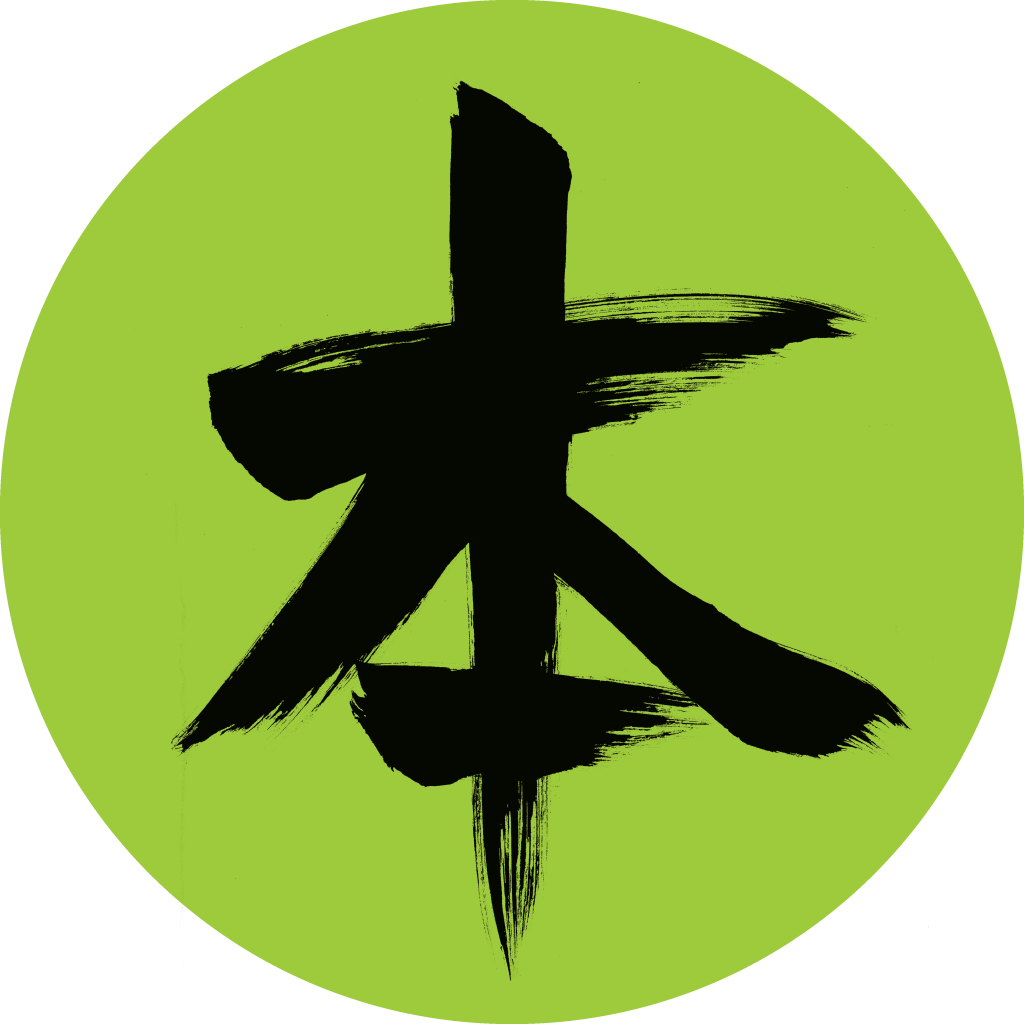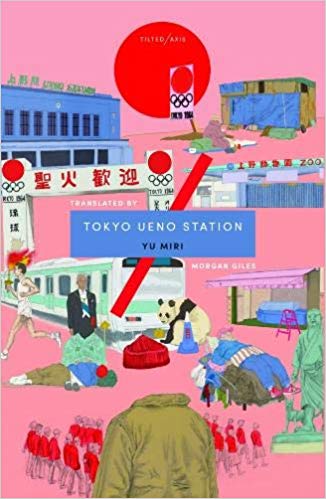
To be released Feb. 14, 2019
Pre-orders via Amazon Japan (paperback) or via the publisher’s website.
Born in Fukushima in 1933, the same year as the Emperor, Kazu’s life is tied by a series of coincidences to Japan’s Imperial family and to one particular spot in Tokyo; the park near Ueno Station – the same place his unquiet spirit now haunts in death. It is here that Kazu’s life in Tokyo began, as a labourer in the run up to the 1964 Olympics, and later where he ended his days, living in the park’s vast homeless ‘villages’, traumatised by the destruction of the 2011 tsunami and enraged by the announcement of the 2020 Olympics.
Akutagawa-award-winning author Yu Miri uses her outsider’s perspective as a Zainichi (Korean-Japanese) writer to craft a novel of utmost importance to this moment, a powerful rebuke to the Imperial system and a sensitive, deeply felt depiction of the lives of Japan’s most vulnerable people.
Books on Asia’s Take:
Although one can tire of translated Japanese books that dwell in pathos, we welcomed this story because of its point of view: that of a homeless person. “Tokyo: Ueno Station” is the life story of Kazu, who after a life of hard work and living away from his wife and two children, becomes homeless at an advanced age and ends up living in Ueno Park in a tent city. He lives in a cardboard structure with a blue tarp on top that he is required to disassemble before important events—such as when the Emperor and Empress visit the surrounding galleries or museums—and then can put back up again after the event. We learn many things about this group of permanent yet temporary residents of the park, a population that at one point reached over 500 inhabitants. We learn that during typhoons and the aforementioned park clean-ups, that the homeless head to the library, a public bath, a capsule hotel or a porno theater for the day. The saddest moment in the story is when, on a rainy day when he is soaked to the bone and shivering from the cold, Kazu relates that he was so miserable, he forgot that he was ever part of a family. Kazu recollects times of war, the Emperor, the Olympics (he was a construction worker for the 1964 Tokyo Games) and natural disasters as well as telling the intriguing history of Ueno Park, its monuments and the surrounding neighborhood. Many living in Japan will remember some of the newsworthy events (Imperial visits, Olympic bids and park clean-ups) which were also covered in the local media. But now we can gain a sense of how these events affect these marginalized residents of Japan. This is an important book because of its point of view.
About the Author: Akutagawa-award-winning author Yu Miri uses her outsider’s perspective as a zainichi (Korean-Japanese) writer to craft a novel of utmost importance to this moment, a powerful rebuke to the Imperial system and a sensitive, deeply felt depiction of the lives of Japan’s most vulnerable people.

About the Translator: Morgan Giles is a translator and critic. Her translation of Naocola Yamazaki’s short story “Dad, I Love You,” appeared in the anthology The Book of Tokyo: A City in Short Fiction. Her reviews have appeared in the Times Literary Supplement (UK). Originally from Kentucky, she currently lives in London and Tokyo.

